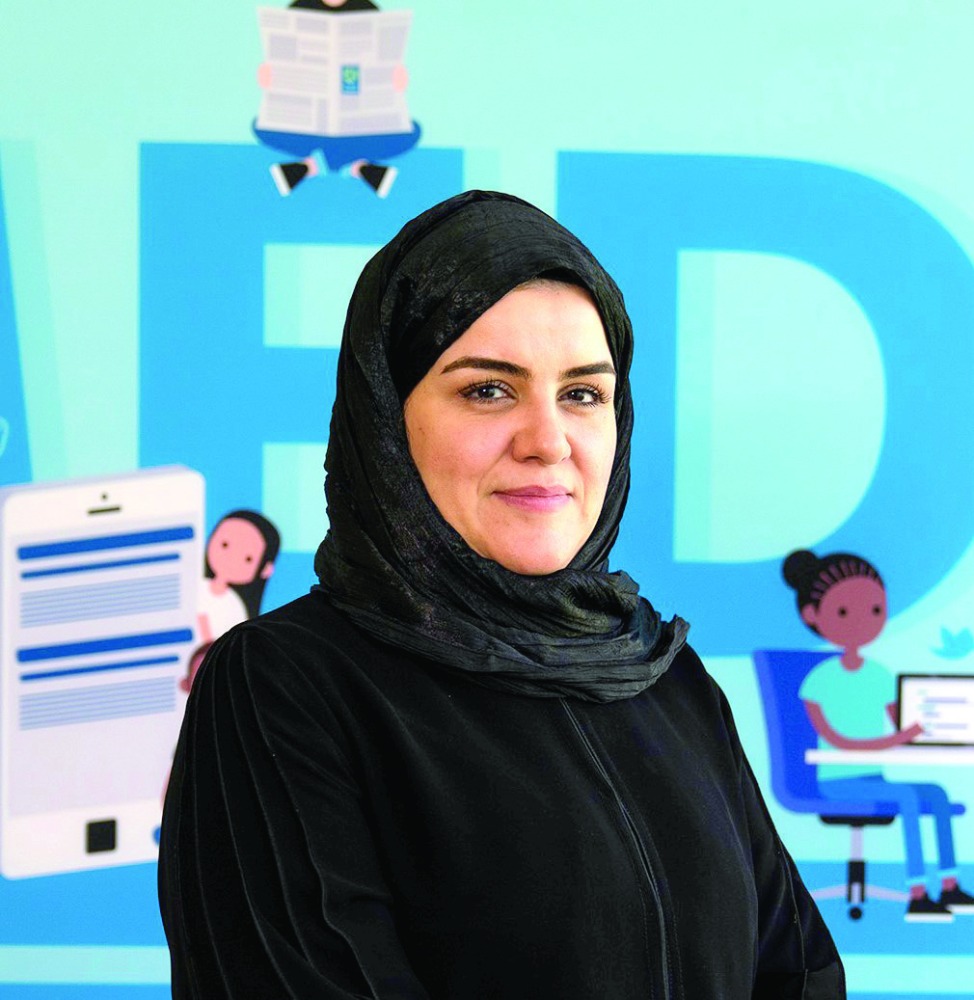PHCC Strives for Sports Inclusion for Persons with Disabilities

The Primary Health Care Corporation (PHCC) strives for sports inclusion for all community members, focusing on persons with disabilities.
Persons with special needs were prioritized following Law No. 2 of 2004 in respect of People with Special Needs, as well as the Doha Declaration 2019, which forms a core reference point internationally for policy development about human rights and sustainable development in the context of disability.
On this regard, Dr. Sadriya Al Kohji, National Lead for Healthy Children and Adolescents at the Ministry of Public Health & Assistant Director of Medicine for Child & Adolescent Health at PHCC, says that engaging persons with special needs in a cross-productive environment at the professional and societal level is an indispensable step.
Dr. Al Kohji notes that engaging in sports activities has many benefits for persons with special needs, as it enhances their physical and mental health and helps them form social relations and merge into society, as well as leaving a positive impact on their health through prevention of non-communicable diseases.
“We should recognize the importance of engaging persons with special needs in sports activities in the health, education and sports sectors, so that the relevant services are designed, and the guiding references are formed based on scientific evidence,” says Dr. Al Kohji.
Educating health professionals, physical education teachers, administrators of sports sectors, and concerned decision-makers is also key to recognizing the importance of exercise for persons with disabilities. In addition to providing support for athletes with special needs in a fair and inclusive manner. This comes as part of including such initiatives in national and international policies and guidelines related to physical activity in all relevant sectors.
Setting research priorities to include athletes with special needs would help build evidence-based recommendations to develop current services for persons with disabilities.
As for empowering people with special needs during the FIFA World Cup Qatar, services were accessible to all fans. Volunteers were trained to facilitate access, offering audio description for the opening and closing tournament ceremonies, and providing sensory rooms and spaces in the fan areas.
Dr. Al Kohji adds that the role of decision makers and concerned professionals in facilitating access to sports facilities and providing equipment is also important. She indicates that ensuring the success of sports activities initiatives for lies in the training provided to the health sector and other relevant sectors, to ensure providing optimal counseling, education services and maintaining a healthy physique according to the needs and capacities of each individual.
Building and designing sports facilities according to the requirements of persons with special needs and their families is a fundamental initiative, says Dr. Al Khohji. “Sports services should be designed to fulfill the needs of persons with special needs and their families, including mental, social, physical, and economic needs.
Services include providing indoor or outdoor facilities, hiring sports coaches according to one’s medical condition and physical ability, and providing sports programs for both genders separately, based on the desire of parents of children and adolescents with special needs.”
PHCC strives towards offering preventive and awareness services that aim to improve various health aspects for community members. Offering health promotion services, empowering community members to adopt a healthy lifestyle, raising awareness, offering health educational material and making referrals to other facilities, if necessary.
PHCC also offers advice to the public, on how to follow a healthy diet and choose sports activities suitable for their age, gender and ability. With this in mind, we at the Child and Adolescent Health Department have created a tool to measure the level of physical activity among children and adolescents, to obtain accurate data regarding sports activities, based on the recommended standards for this category. The results of measuring the level of physical activity help in designing and regulating educational services and activities and providing preventive services that suit the needs of this category.